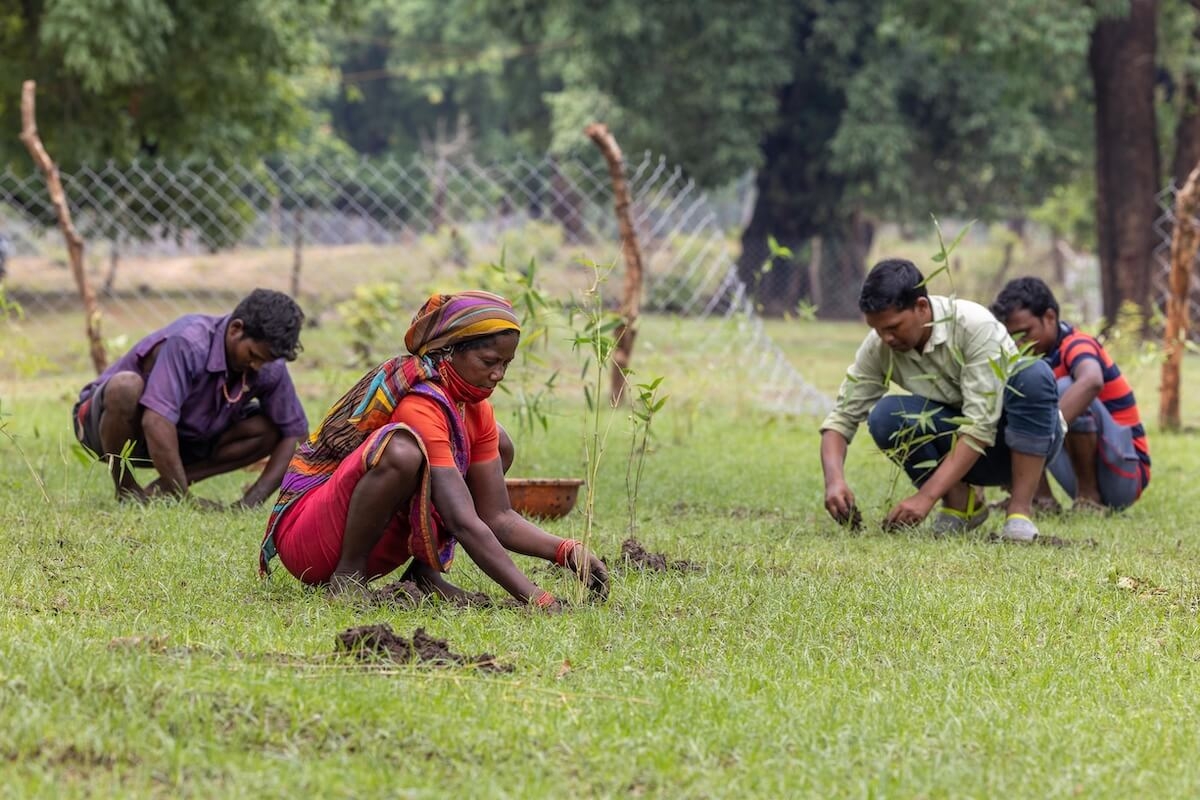
Sustainable livelihood for the tribal community in Kanha’s buffer zone
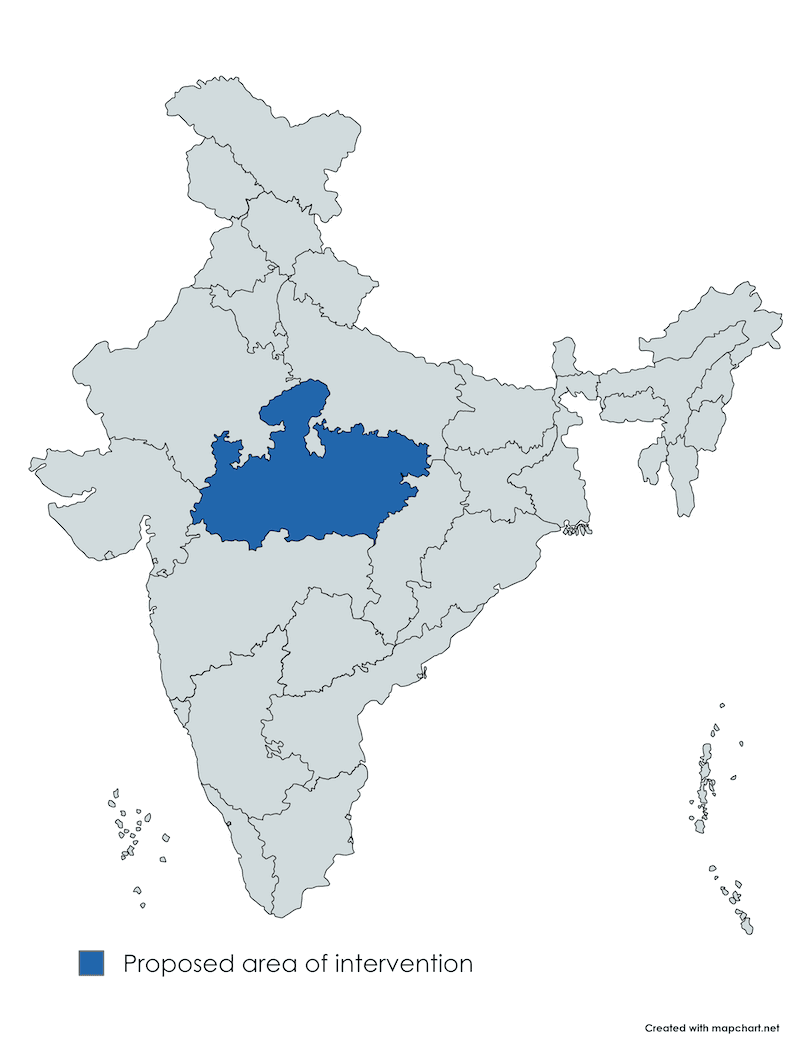
Sustainable livelihood for the tribal community in Kanha’s buffer zone
Amidst the lush Kanha Landscape, indigenous forest-dwelling communities were displaced by conservation efforts and forced to assimilate in new socio-economic systems. At EFF, we recognise the critical role that tribal communities play in land stewardship and forest protection and aim to empower them and enable a nature based economy.
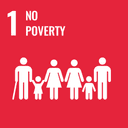
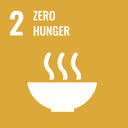
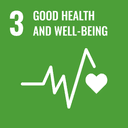
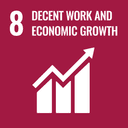
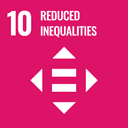
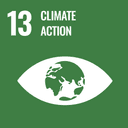
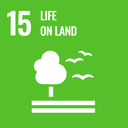
- (iv) Environmental Sustainability
- (x) Rural Development
- (i) Eradicating hunger and poverty
Madhya Pradesh
Open for funding
Existing Project, looking to scaleup
Executive Summary
Amidst the lush Kanha Landscape, indigenous forest-dwelling communities were displaced by conservation efforts and forced to assimilate in new socio-economic systems. These Baiga and Gond communities faced a web of interconnected challenges that limited their development and caused widespread land degradation in the buffer zone of the Kanha National Park. At Earth Focus Foundation (EFF), we recognise the critical role that tribal communities play in land stewardship and forest protection and aim to empower them and enable a nature based economy.
EFF achieves this through a combination of interventions that focus on -
- Convergence - Linking the local communities to government schemes such State Bamboo Mission, MNREGA, Horticulture Department, Agriculture Department, etc
- Agroforestry, horticulture and traditional and indigenous crops
- Sustainable water management
- Vegetable gardens, compost pits, organic inputs
The interventions are centred around an agri-based restoration model creates resilient income streams for tribal farmers, while simultaneously regenerating the native ecosystem in the buffer zone of the park. These nature-based livelihoods are developed through a community-centric approach, with local community mobilisers leading the charge on deployment, monitoring, and expansion of the program.
The intervention focuses on agroforestry, horticulture, traditional native crops and vegetable gardens that not just create diverse and resilient income streams but also increase food security and nutrition among the community. Some of the crops and plants include - native fruit bearing trees like, mango, mahua, bahera, jamun, guava, along with bamboo, millets, oil seeds, toor daal, haldi, local vegetables etc. Further, sustainable water management practices such as rejuvenation of ponds and other local water bodies, creation of rainwater harvesting structures, and low cost drip irrigation systems ensure perennial water supply for the community and for the agricultural needs. Local communities are also connected with government schemes such as the State Bamboo Mission and MNREGA that provide free saplings and income before the trees planted start generating income.
Impact over the last three years -
- 50+ indigenous farmer families from Kanha benefitted
- 200+ acres of barred land under restoration
- 75000+ saplings planted - native species of Kanha
- Reduced distressed migration
- Reduced conflict between communities and forest department
- Increased nutrition among communities
- Increased access to perennial water supply
- Improved soil quality and restoration of the buffer zone
EFF started with a pilot project of 1 acre in 2021 and has now expanded to 230+ acres of land restoration, driven by a bottoms up demand, where the community has shown a strong interest and commitment in implementing such interventions.
About the NGO
Earth Focus Foundation (EFF) is a Section 8 company based in Kanha, Madhya Pradesh. Our mission is to empower forest dwelling communities and restore nature through contextual education and sustainable livelihoods. EFF was co-founded by Vipul Gupta and Aaran Patel, and is supported by a team of about 60 full-time staff, out of which 52 people are part of the local community. EFF through its Nature based Livelihood program, has restored 200+ acres of land, transforming the lives of 9000 people and has planted 71000 saplings. Focusing on agroforestry, horticulture and revival of native crops, the program enables dignified livelihoods for the community and creates diversified income streams for them. Further, in their Contextual Education program, over the last 4 years, EFF has worked with 40 Anganwadi schools and 20 primary schools in 20 villages to build foundational literacy, numeracy, and critical thinking skills among 1300+ children. The initiative also focuses on sensitising the community to local biodiversity, to build the next generation of stewards for the landscape and enables local youth to develop skills to take up gainful employment and further the education program from the ground-up. EFF is registered with CSR1, and is qualified to receive CSR contributions.
Please Login to view the additional details or Register as Donor
- Project Details
- Proposed Intervention
- Monitoring & impact
- Budget
- Additional Details